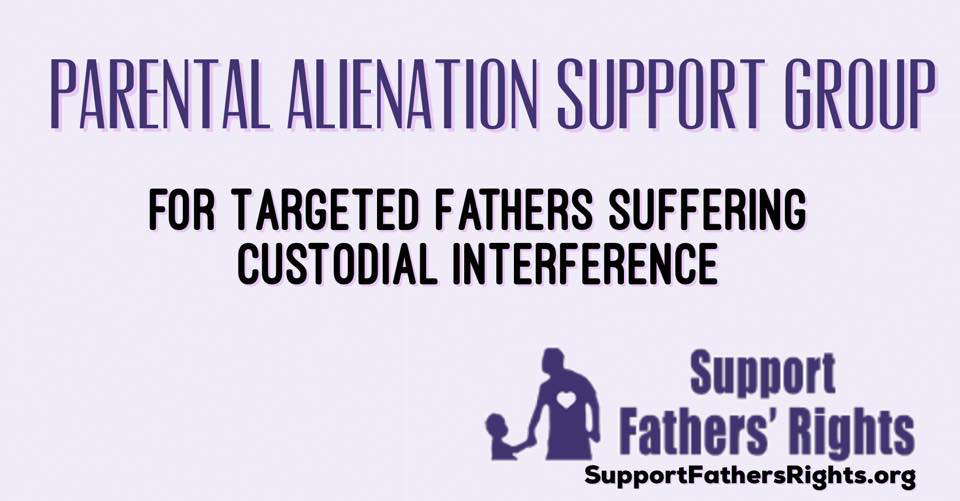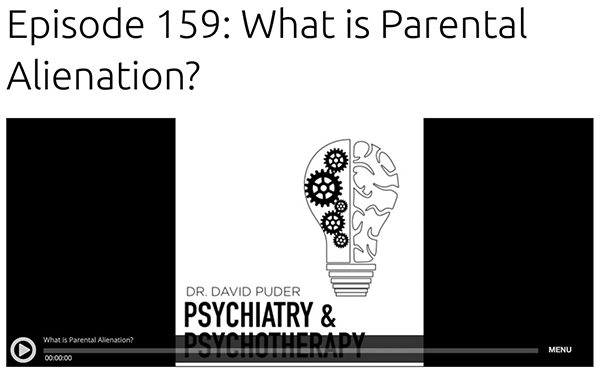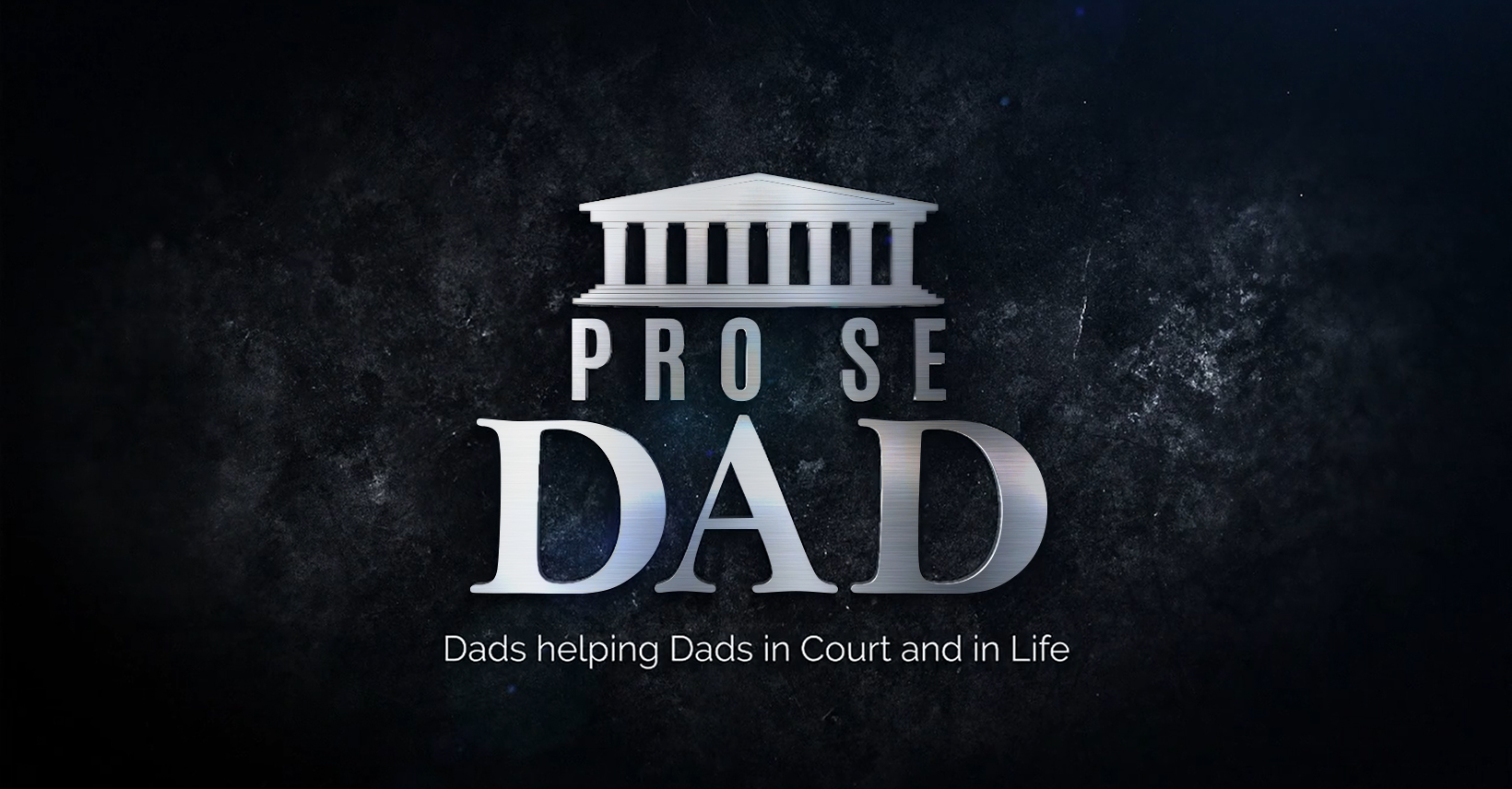Parental Alienation Awareness Day is a time we work to promote general understanding to the world about the painful experiences that children and alienated parents experience. So much of what we know focuses on those hurt children and parents as well as the issues that exist in the legal system. But we seldom focus on the additional elements of how parental alienation even happens. Parental Alienation rarely exists in a vacuum with only the alienating parent and a judicial system. Parental Alienation often happens because those closest people to the alienating parent remain silent and don't prioritize the wellness of the victim children.
Parental alienation is rarely a solo act. Behind many alienating parents is a network of collaborators—family members, friends, even professionals—who know the truth but choose silence. Some enable out of fear. Others out of guilt. But either way, their complicity adds fuel to the fire and continues to harm the child they claim to love.
In many cases, alienating parents aren’t behaving the way they are as something new. Their behavior can be rooted in a history of mental illness, notably with personality disorders.
Studies suggest that a significant number of alienating parents exhibit traits consistent with Cluster B personality disorders—particularly Borderline Personality Disorder (BPD) and Narcissistic Personality Disorder (NPD). These disorders are often associated with emotional dysregulation, splitting, manipulation, and fear of abandonment—traits that can contribute to alienating behaviors in custody disputes. According to Harman et al., 2018, these pathological traits are common among those who engage in parental alienating behaviors, framing alienation as a form of unacknowledged family violence.
As alienated parents unite to share their stories, there is a common trend that emerges. In some cases, alienated parents are aware that the alienated parent has a mental illness diagnosis. But the reality is that very few alienated parents actually know what the behavioral force is that is driving the harmful behavior towards to child and the other parent. Therapists and support groups help the alienated parents better understand what is happening as the majority share this common theme.
Imagine this hypothetical:
A woman, diagnosed with Borderline Personality Disorder (BPD), has a long and documented psychiatric history. In her 20s, she is institutionalized, undergoes electroconvulsive therapy (ECT), and survives multiple suicide attempts. Her family—whom some are also doctors—are fully aware of her diagnosis and dangerous emotional instability.
So are her friends. They know about the suicide attempts. They know about previous false allegations she made in her workplace—which resulted in a disciplinary action.
Still, they support her.
In her 30s, she marries, but the abuse turns inward—toward her child's father. She becomes physically aggressive, emotionally volatile, and threatens suicide constantly. She attempts to end her life on multiple occasions, only to be stopped by the man she now targets. Her family know all of this, yet they stay silent.
Then a child is born.
From that point forward, the threats escalate.
As is common with parental alienation cases, the threats begin well before the actual action. She tells her husband, “I’ll take our child somewhere you’ll never find us.” So the father remains in the marriage, not out of love—but out of necessity. He knows it’s the only way to stay close to his child. Meanwhile, the mother is already devising her plan in finding ways to end the marriage in a manner that ensures she is given sole-custody to control the child.
Eventually, the mother accuses the father—falsely—of domestic violence. She gains immediate custody. No proof. Just her word. The court sides with her, and the implementation of parental alienation begins.
What is often so confusing to the alienated parents goes beyond these actions taken by the alienating parent: it's the role that other family members play throughout the parental alienation process.
In this scenario, despite the knowing the history of the moths, the family stands by her. Despite even being licensed physicians, who can confirm her long history of personality disorder diagnosis and suicide attempts, and written documentation in the form of emails, they recant that they have any knowledge of the mother's mental illness.
The mother’s friends echo her narrative. Anything to avoid the truth.
This isn’t just denial. It’s collusion.
Why Do Families and Friends Enable Alienators?
When the alienating parent has traits of BPD—such as emotional manipulation, black-and-white thinking, and chronic fears of abandonment—their loved ones often walk on eggshells. They comply, enable, or lie for fear of what might happen if they don’t.
As Drs. Harman, Kruk, and Hines (2018) explain, these dynamics are part of a broader pattern of Parental Alienating Behaviors, a form of psychological control that harms not just the targeted parent, but the child.
And when friends and family ignore well-documented histories—like false accusations in a workplace setting—it becomes even clearer that alienators often rely on networks of silence to maintain control.
The Psychology of Denial and Fear
BPD is a complex condition. Traits like impulsivity, emotional instability, and extreme reactions to perceived abandonment are not simply “drama”—they are clinical patterns, well understood in literature such as Gunderson’s (2009) seminal work.
Families and friends often say nothing not because they don’t know better, but because they do. They fear the backlash, the emotional breakdown, or the threat of self-harm if they challenge the alienator’s version of events.
But that fear, when it overrides truth and justice, becomes enabling.
When Silence Becomes Complicity
Studies show that parental alienation causes long-term psychological harm to children, including anxiety, depression, low self-esteem, and trust issues (Baker, 2007; Verrocchio et al., 2015).
Moreover, denying the history of the alienator—especially when it includes false accusations, documented mental illness, and aggression—erases the experience of the targeted parent and fails the child.
When enablers are also trained professionals from doctors, to therapists to lawyers, their silence is more than personal. It’s ethical negligence.
Alienation Is a Group Effort—So Is Prevention
The system often fails alienated parents because it assumes one person is telling the truth. It fails to ask: Who else knew? Who else enabled? Who stood by silently?
And this is why Parental Alienation Awareness Day matters.
Because breaking the cycle doesn’t start in the courtroom. It starts around the dinner table. In the group chat. In therapy sessions. In workplaces where false accusations were overlooked. In families who know better—but stay quiet.
On April 25, let’s stop protecting the abuser and start protecting the truth.
Parental alienation is a system of silence. It’s time we break it.
#ParentalAlienationAwarenessDay #ParentalAlienation #MentalHealthAwareness #BPD #DisenfranchisedGrief #CoParentingRights #ChildWelfare #FalseAllegations












0 Comments